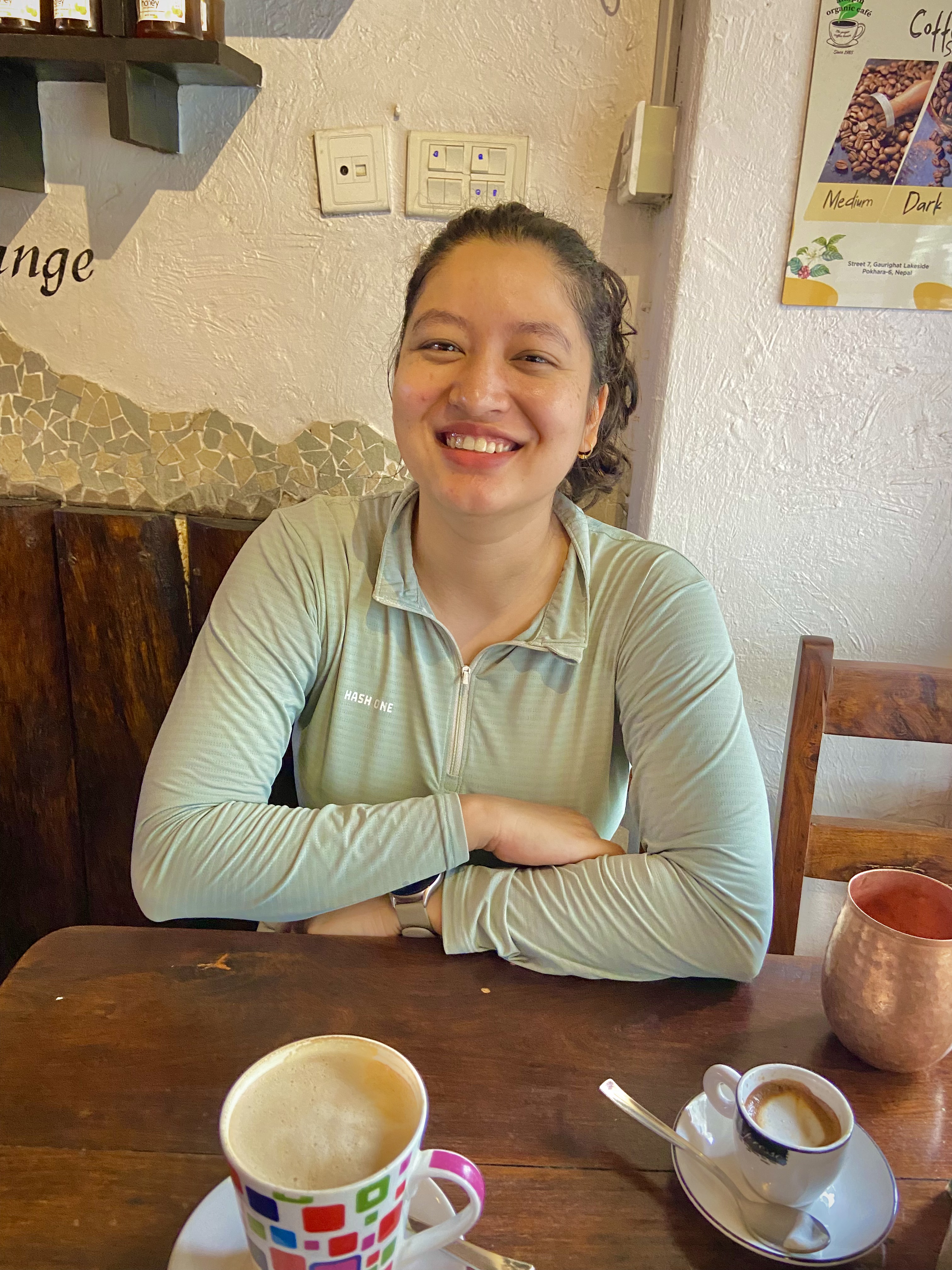Different Types of Benchmarks for LLM
 Monika Prajapati
Monika Prajapati
Evaluating the capabilities of large language models (LLMs) involves using a variety of benchmarks that test different aspects of their knowledge, reasoning, and problem-solving skills. These benchmarks encompass a wide range of domains, from common sense and social reasoning to complex mathematical problem-solving and programming. Here's an introduction summarizing the key benchmarks used to assess LLMs:
MMLU
The MMLU benchmark is a test that measures the breadth of knowledge and problem-solving ability acquired by large language models during pretraining.
HellaSwag
The HellaSwag benchmark challenges a language model's ability to understand and apply common sense reasoning by selecting the most logical ending to a story.
PIQA
The PIQA benchmark tests a language model's ability to understand and apply physical commonsense knowledge by answering questions about everyday physical interactions.
SIQA
The SIQA benchmark evaluates a language model's understanding of social interactions and social common sense by asking questions about people’s actions and their social implications.
Boolq
The BoolQ benchmark tests a language model's ability to answer naturally occurring (generated in unprompted and unconstrained settings) yes/no questions, testing the models ability to do real-world natural language inference tasks.
Winograde
The Winogrande benchmark tests a language model's ability to resolve ambiguous fill-in-the-blank tasks with binary options, requiring generalized commonsense reasoning.
CQA:
7-Shot The CQA benchmark assesses the performance of language models on multiple-choice question-answering, requiring different types of commonsense knowledge.
OBQA
The OBQA benchmark evaluates a language model's ability to perform advanced question-answering with multi-step reasoning, commonsense knowledge, and rich text comprehension, modeled after open book exams.
ARC-e
The ARC-e benchmark tests a language model's advanced question-answering skills with genuine grade-school level, multiple-choice science questions.
ARC-c
The ARC-c benchmark is a more focused subset of the ARC-e dataset, containing only questions answered incorrectly by common (retrieval-base and word co-occurrence) algorithms.
TriviaQA
5-shot The TriviaQA benchmark tests reading comprehension skills with question-answer-evidence triples.
HumanEval
Pass@1 The HumanEval benchmark tests a language model's code generation abilities by evaluating whether its solutions pass functional unit tests for programming problems.
MBPP
The MBPP benchmark tests a language model's ability to solve basic Python programming problems, focusing on fundamental programming concepts and standard library usage.
GSM8K
The GSM8K benchmark tests a language model's ability to solve grade-school-level math problems that frequently require multiple steps of reasoning.
MATH:
4-shot The MATH benchmark evaluates a language model's ability to solve complex mathematical word problems, requiring reasoning, multi-step problem-solving, and the understanding of mathematical concepts.
AGIEval
The AGIEval benchmark tests a language model's general intelligence by using questions derived from real-world exams designed to assess human intellectual abilities (college entrance exams, law exams, etc.).
BBH
The BBH (BIG-Bench Hard) benchmark focuses on tasks deemed beyond the abilities of current language models, testing their limits across various reasoning and understanding domains.
These diverse benchmarks provide a comprehensive evaluation of large language models, helping researchers understand their strengths and areas for improvement across various knowledge and reasoning domains.
Subscribe to my newsletter
Read articles from Monika Prajapati directly inside your inbox. Subscribe to the newsletter, and don't miss out.
Written by
